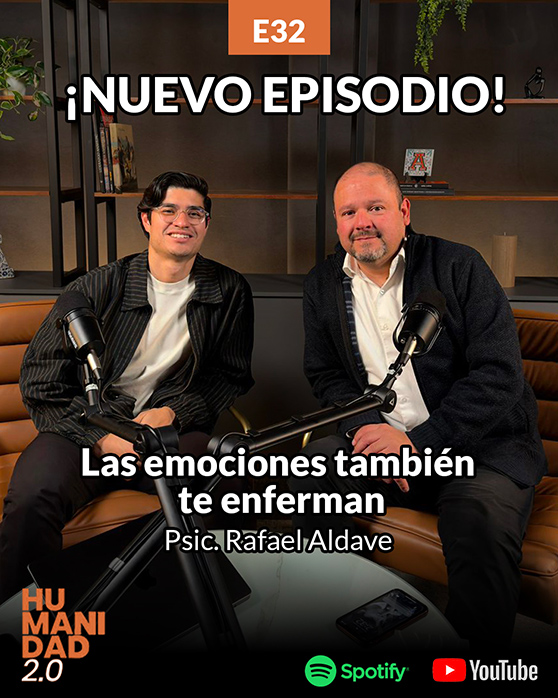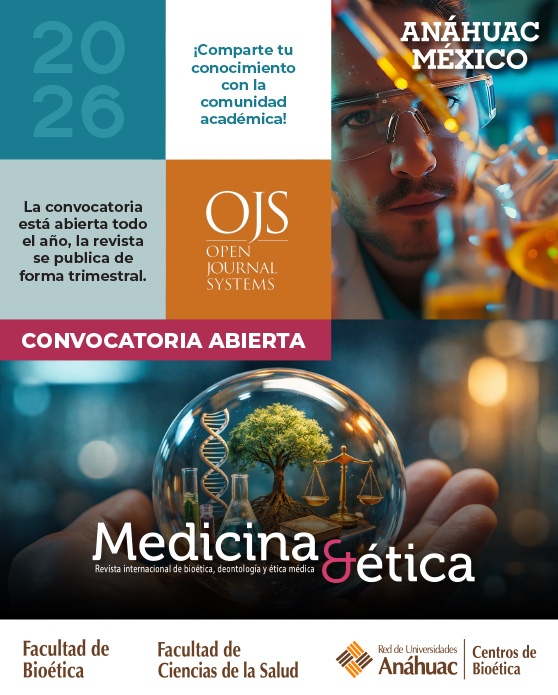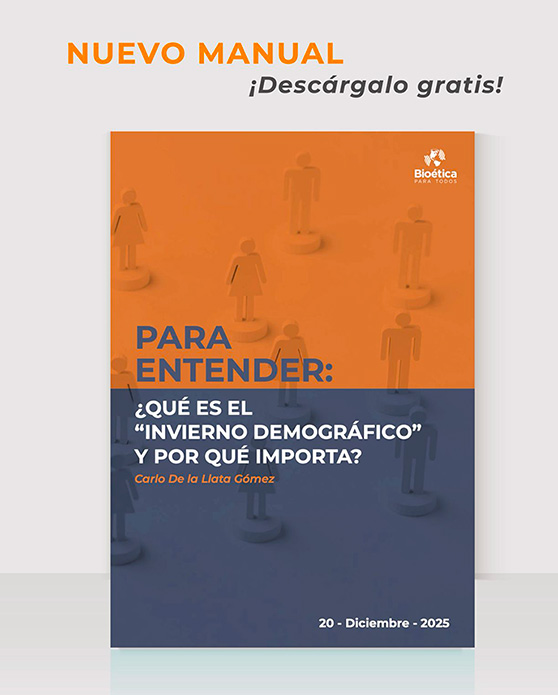
March 11, 2024
Autor: Juan Manuel Palomares Cantero
Introduction
The recent constitutional amendment in France, which enshrines the right to abortion, sharply contrasts with the recognition of embryonic rights in Alabama, United States, highlighting a profound divergence in the treatment of abortion globally. While France progresses in securing women's reproductive autonomy to the highest legal level, Alabama reinforces the protection of life from conception onwards, underscoring an ethical and bioethical schism regarding reproductive rights and the value of life. This panorama invites critical reflection on the limits of the right to decide, emphasizing the need to balance personal autonomy with the protection of life in all its forms. The comparison between both stances not only reflects the varied cultural and legal interpretations of abortion but also raises fundamental questions about the ethics and values that should guide our societies in addressing these sensitive issues.
Constitutional Amendment in France Regarding Abortion
France has taken an unprecedented decision by becoming the first country in the world to inscribe the right to abortion in its Constitution. This amendment, backed by an overwhelming majority of votes, represents not only a consolidation of previous legislation but also its elevation to the highest level of legal protection in the country. This change, seen by many as a safeguard against possible future restrictive policies, ensures virtually unconditional access to voluntary pregnancy termination.
This action, although presented as a response to the erosion of reproductive rights observed elsewhere, such as in the United States, underscores a deep discrepancy in the global understanding of the value of life and human dignity. Prime Minister Gabriel Attal has praised the measure as a step towards equality, evoking the memory of Simone Veil and her struggle for women's rights. However, this decision prompts critical reflection on the ethics and values that underpin our societies, especially concerning the rights of the unborn.
While activists and certain sectors celebrate this progress as a fundamental victory for women's rights, it is worth questioning the broader implications of prioritizing the right to decide over the right to life. Anne-Cécile Mailfert from the Women's Foundation asserts that this amendment enhances the protection of a fundamental right, guaranteeing access to abortion for future generations. However, this approach overlooks vital considerations regarding the protection of life in its most vulnerable stages.
The widespread acceptance of this measure within the French political spectrum reflects a concerning devaluation of life as the supreme value. By elevating abortion to the status of a constitutional right, France not only sidesteps a necessary dialogue on the ethical responsibilities inherent in the right to decide but also sets a troubling precedent for the global debate on human rights.
This step, while celebrated as a triumph for personal autonomy, raises serious questions about the balance between individual freedom and moral obligation towards life in all its forms. France's decision, far from being a model to follow, should be seen as a call to reassess our priorities as a society and to reaffirm the intrinsic value of human life, from conception to natural death.
Alabama and the Rights of Human Embryos
In a notable departure from the trend observed in France, the state of Alabama, United States, recently marked a profoundly different approach to the legal and moral treatment of abortion. Alabama's decision to explicitly recognize the rights of human embryos represents a significant move towards protecting life from conception, a fundamental principle for many in the abortion debate.
This measure is part of a broader context in the United States, where the abortion debate has been reignited following significant changes in federal jurisprudence, especially after the overturning of the Roe. Wade case. This landmark decision had guaranteed the right to abortion federally for decades, and its revocation has allowed states to impose their own restrictions or protections concerning this right. In this scenario, Alabama clearly aligns itself with the protection of life, marking a stance that contrasts with movements towards the liberalization of abortion elsewhere in the world.
From this perspective, Alabama's measure aligns with a broader understanding of justice and morality, placing the supreme value of human life above convenience or personal choice. Advocates of this position argue that recognizing the rights of human embryos is consistent with the principles of equity and respect for life that should characterize a just and morally responsible society.
Therefore, Alabama's decision is not merely legislative; it is profoundly symbolic, reflecting a conscious choice by a community to prioritize the protection of the most vulnerable among us. This approach resonates with a significant portion of the American population that sees in these measures a reflection of their ethical and moral values and a correction of what they consider a misguided interpretation of freedom that ignores the implications of nascent human life.
Conclusion
The clash of abortion policies between France and Alabama illustrates a stark contrast in how different societies approach the complex interaction between reproductive rights and the protection of life. While France moves towards the constitutional protection of the right to abortion, emphasizing women's autonomy as a pillar of its society, Alabama focuses on safeguarding the rights of the unborn from conception onwards, thus emphasizing the supreme value of life. This discrepancy not only reflects the diversity of ethical and moral values among cultures but also invites deeper reflection on the necessary balance between individual freedom and collective moral responsibilities.
France's constitutional amendment, on the one hand, celebrates autonomy and reproductive rights as fundamental achievements in the struggle for gender equality. On the other hand, Alabama's stance highlights an understanding of justice and morality that privileges the protection of life from its beginnings. Both views, though opposing, underscore the need for continuous and reflective dialogue that considers both the dignity of women and respect for life.
In this complex debate, it is crucial not to view autonomy and the protection of life as mutually exclusive but to seek an ethical framework that respects both principles. The pursuit of an ethical balance in the global treatment of abortion demands policies and practices that reflect a commitment to reproductive rights and the protection of life, highlighting the importance of a preventive approach and support through comprehensive sex education and reproductive health services. The divergent abortion policies of France and Alabama challenge us to reassess and reaffirm our collective values on freedom, dignity, and life. This analysis underscores the importance of cultivating a society that recognizes the complexity of these issues and is committed to an ethical dialogue that seeks fair and compassionate solutions, thus reflecting the depth of our shared humanity.
Juan Manuel Palomares Cantero is a lawyer, master's and doctorate in Bioethics from the Anahuac University, Mexico. He was the director of Human Capital, director, and general coordinator at the Faculty of Bioethics. Currently, he works as a researcher at the Academic Directorate of Integral Formation at the same University. He is a member of the National Mexican Academy of Bioethics and the Latin American and Caribbean Federation of Bioethics Institutions. This article was assisted in its writing by the use of ChatGPT, an artificial intelligence tool developed by OpenAI.
The opinions shared in this blog are the total responsibility of their respective authors and do not necessarily represent a unanimous opinion of the seminars, nor do they reflect an official position on the part of CADEBI. We value and encourage any comments, responses, or constructive criticism you may wish to share.
ii https://www.nytimes.com/2024/03/07/us/politics/alabama-embryo-ivf.html
iii https://aboutholocaust.org/es/facts/quien-fue-simone-veil
iv https://iberoame.usal.es/que-hacen-nuestros-graduados-conoce-a-anne-ceciile-mailfert-de-francia/
v Rodríguez, L. (2015). Derechos sexuales y reproductivos en el marco de los derechos humanos. Fondo de Población de Naciones Unidas, 110(9), 1689-1699.
vi Palomares, J., (2024) Embriones con Derechos, CADEBI.
vii Alonso, J. P. (2023). Crónica de la batalla judicial en torno al aborto: de Roe v. Wade a Dobbs v. Jackson. Teoría y realidad constitucional, (51), 529-564.
viii Herranz, G., Areces, F. R., & de Bioética, A. E. Embriones sobrantes: ¿Un problema insoluble o un falso problema?
ix Gosálbez, N. C. (2024). TRANSHUMANISMO: LOS LÍMITES DE LO HUMANO. La torre del Virrey, (35, 2024/1), ículos-1.
x Martin-Fiorino, V. (2020). Ser humano y autonomía de la acción. El diseño antropológico del pensamiento de Aristóteles. 4 iINVES, 19.
More information:
Centro Anáhuac de Desarrollo Estratégico en Bioética (CADEBI)
Dr. David Cerdio Domínguez
david.cerdio@anahuac.mx






